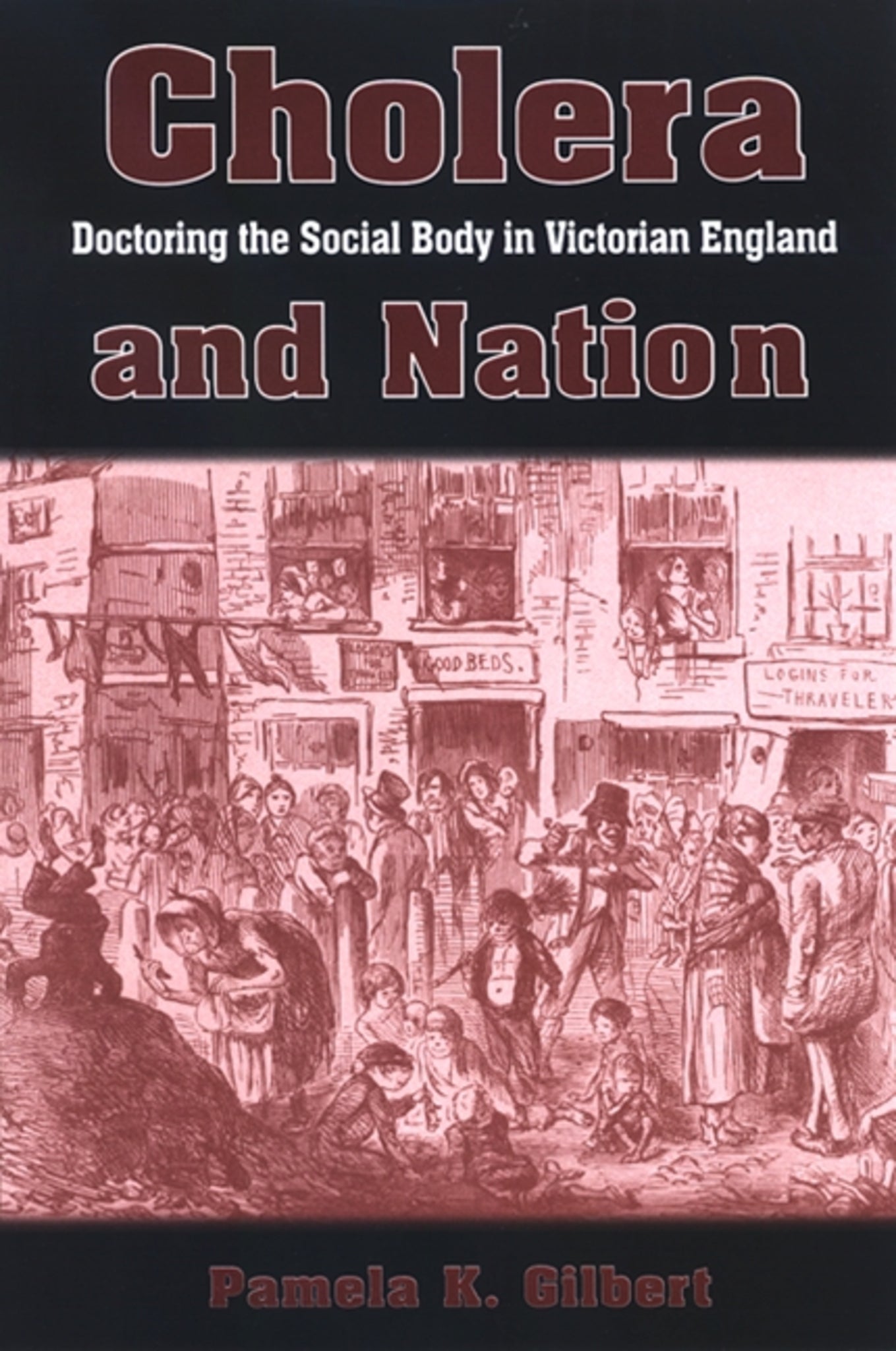We're sorry. An error has occurred
Please cancel or retry.
Cholera and Nation

Some error occured while loading the Quick View. Please close the Quick View and try reloading the page.
Couldn't load pickup availability
- Format:
-
08 January 2009

How cholera epidemics affected Victorian perceptions of the body and the nation.
Drawing from sermons, novels, newspaper editorials, poetry, medical texts, and the writings of social activists, Cholera and Nation explores how the coming of the cholera epidemics during a period of intense political reform in Britain set the terms by which the social body would be defined. In part by historical accident, epidemic disease and especially cholera became foundational to the understanding of the social body. As the healthy body was closely tied to a particular vision of nation and modernity, the unhealthy body was proportionately racialized and othered. In turn, epidemic disease could not be separated from issues of social responsibility, political management, and economic unrest, which perpetually threatened the nation and its identity. For the rest of the century, the emergent field of public health would be central to the British national imaginary, defining the nation's civilization and modernity by its sanitary progress.


"…richly diverse: the book extends well beyond the often limited reach of medical histories into popular and social response and into Church and doctrinal writings." — Victorian Studies
"…Gilbert's commentary on the four cholera epidemics that besieged Britain between 1832 and 1866 registers the important exchanges occurring between Victorian religious, political, and medical discourses … her discussion is remarkable for its astute attention to important schools of criticism and their critics (from postcolonialism and Homi Bhabha to psychoanalysis and Julia Kristeva) … the book brings together crucial sources that will be starting points for anyone interested in studying the rhetorical interdependence of Victorian health and various social factions." — CHOICE
"This is a very skillful example of historically sound literary criticism; it combines attention to narrative with relevant historical contextualization, and offers a detailed account of the literary history of a subject not commonly treated through literature. This is innovative and complements more conventional historical work on the subject of public health and medicine in the Victorian period." — Antoinette Burton, editor of Archive Stories: Facts, Fictions, and the Writing of History
Acknowledgments
Introduction
I. A Sinful and Suffering Nation
1. A Sinful Nation: 1832
2. After 1832: Medical Authority and the Clergy
3. A Suffering Nation: Responses of the Poor and Radicals to the Cholera
II. Medics and Discourses of Cholera
4. Medics and the Public Sphere
5. The Body in Question
6. Race, Gender, and Cholera
III. Writing Nation’s Body
7. Narrating Cholera and Nation
8. Kingsley: Nation, Gender, and the Body
Conclusion
Notes
Works Cited
Index



